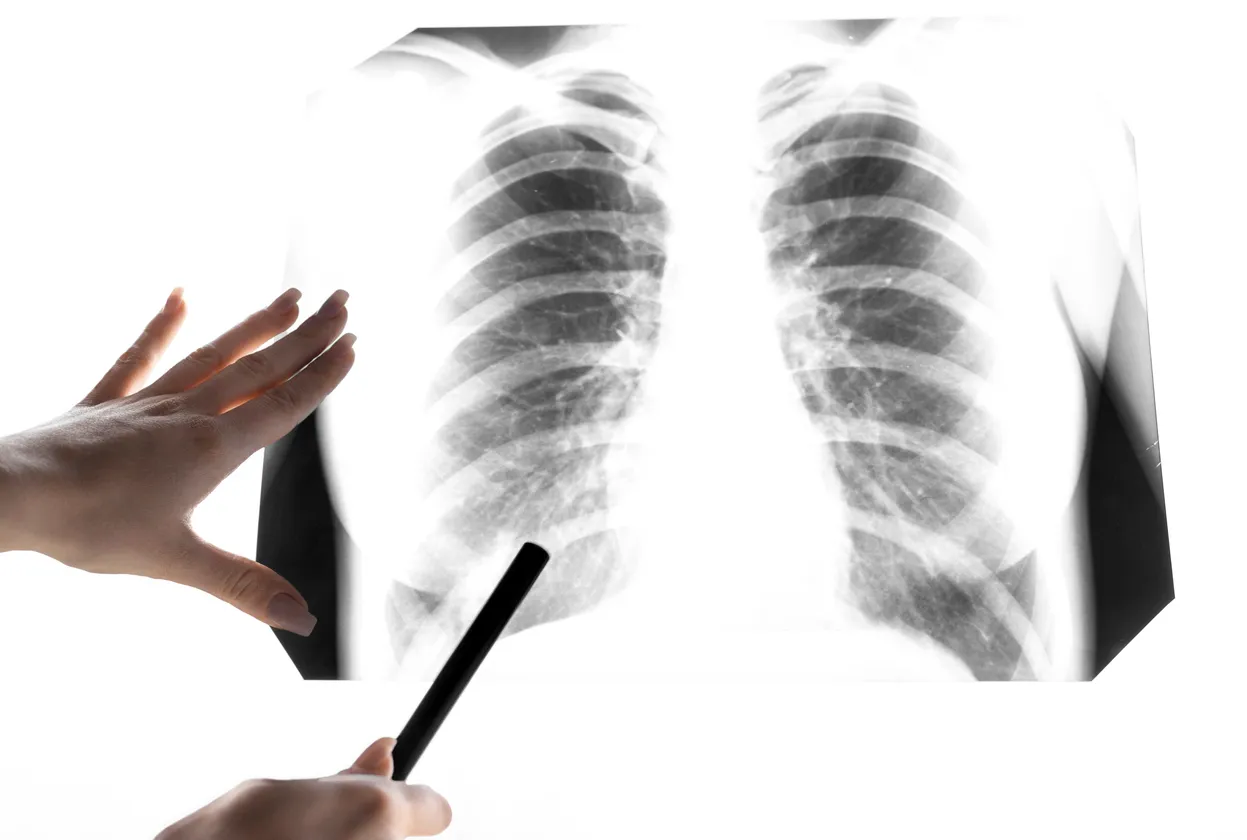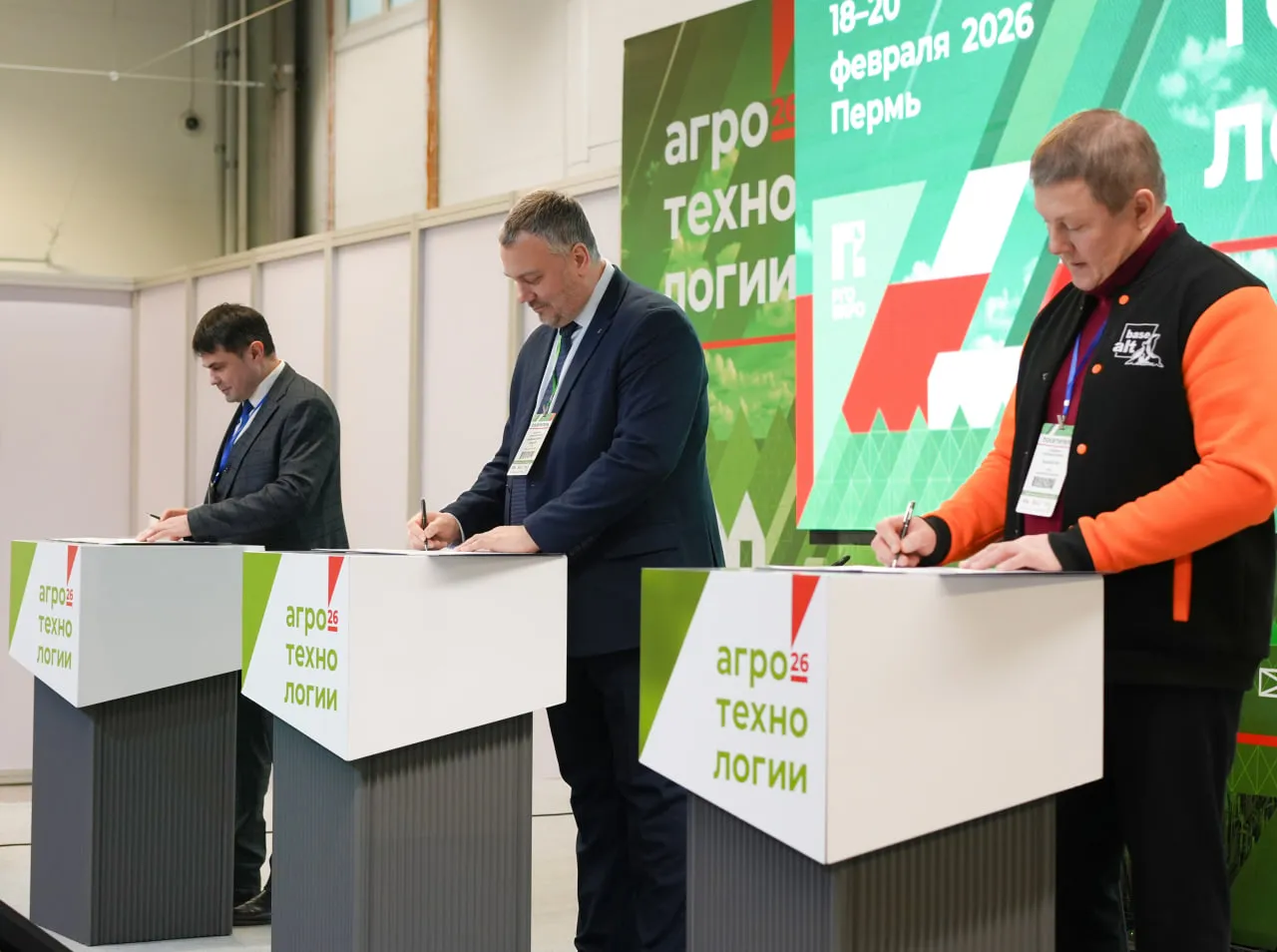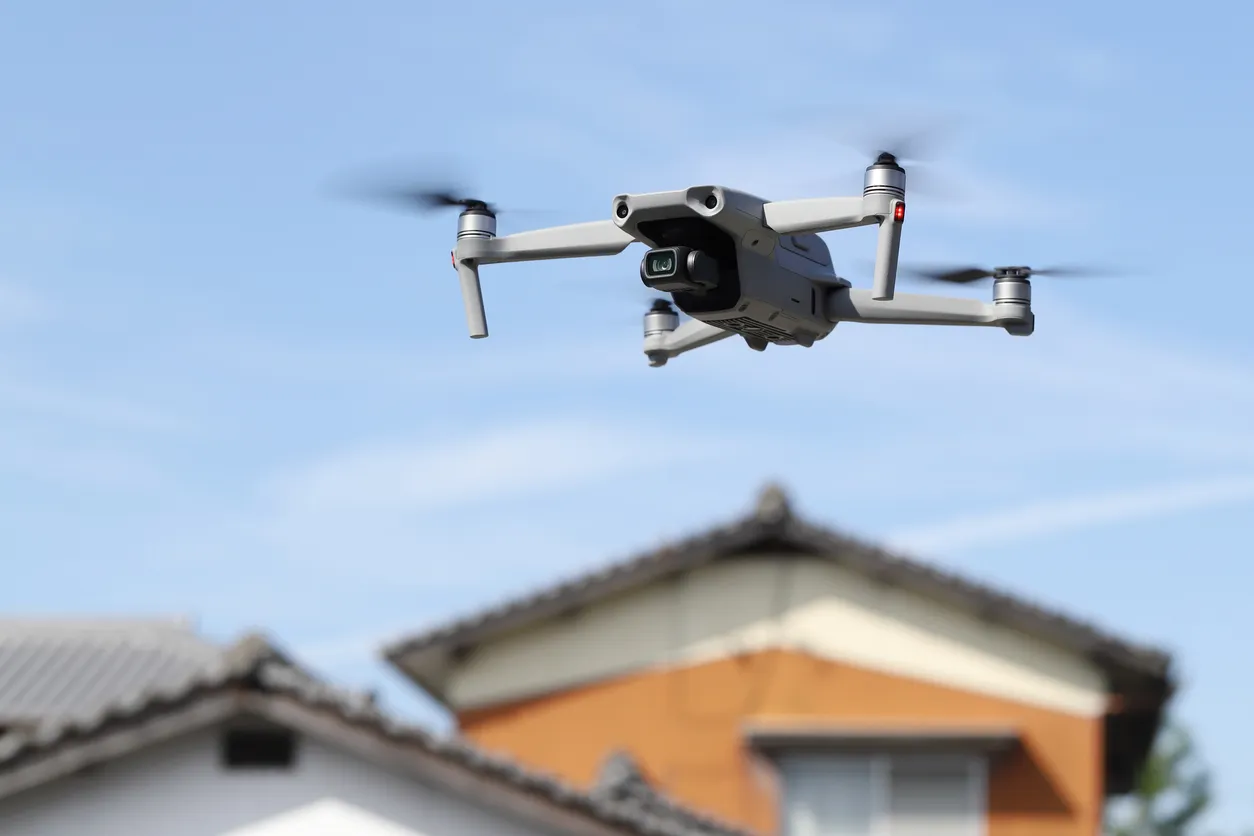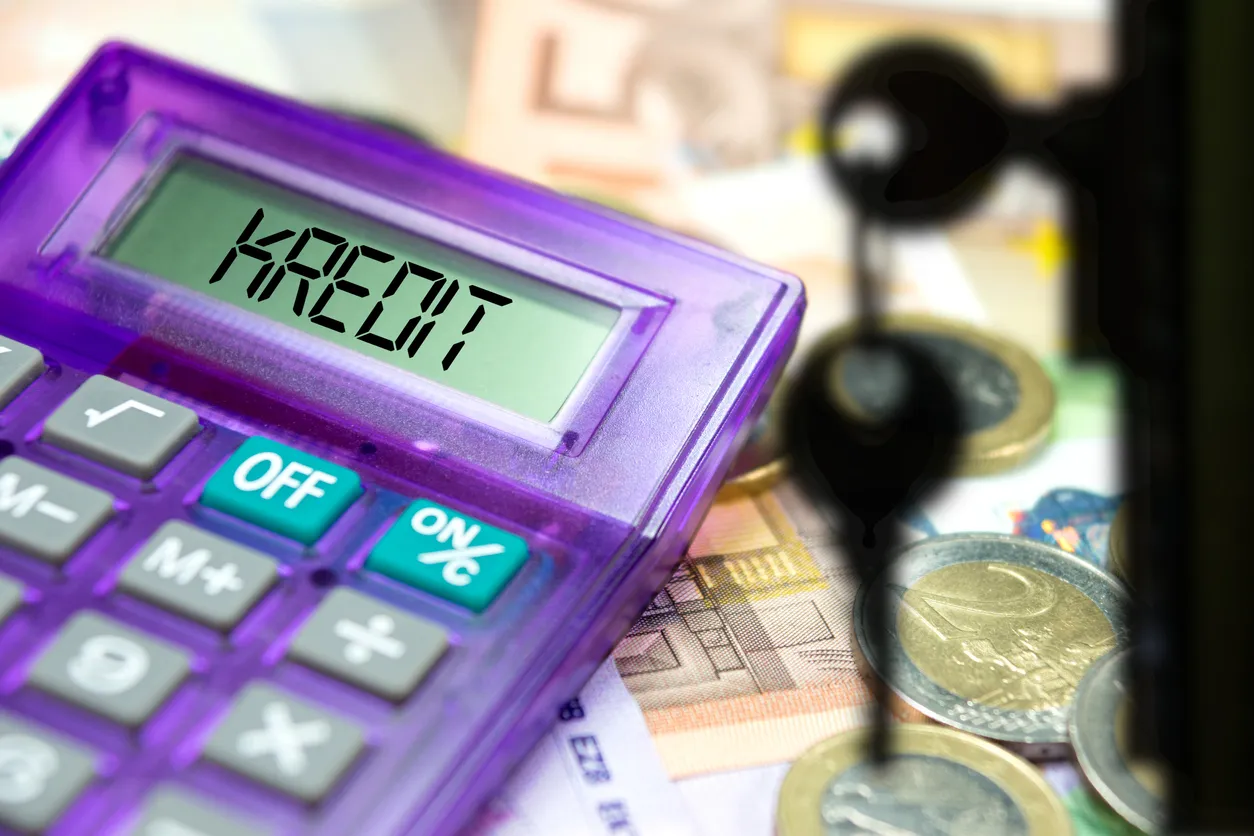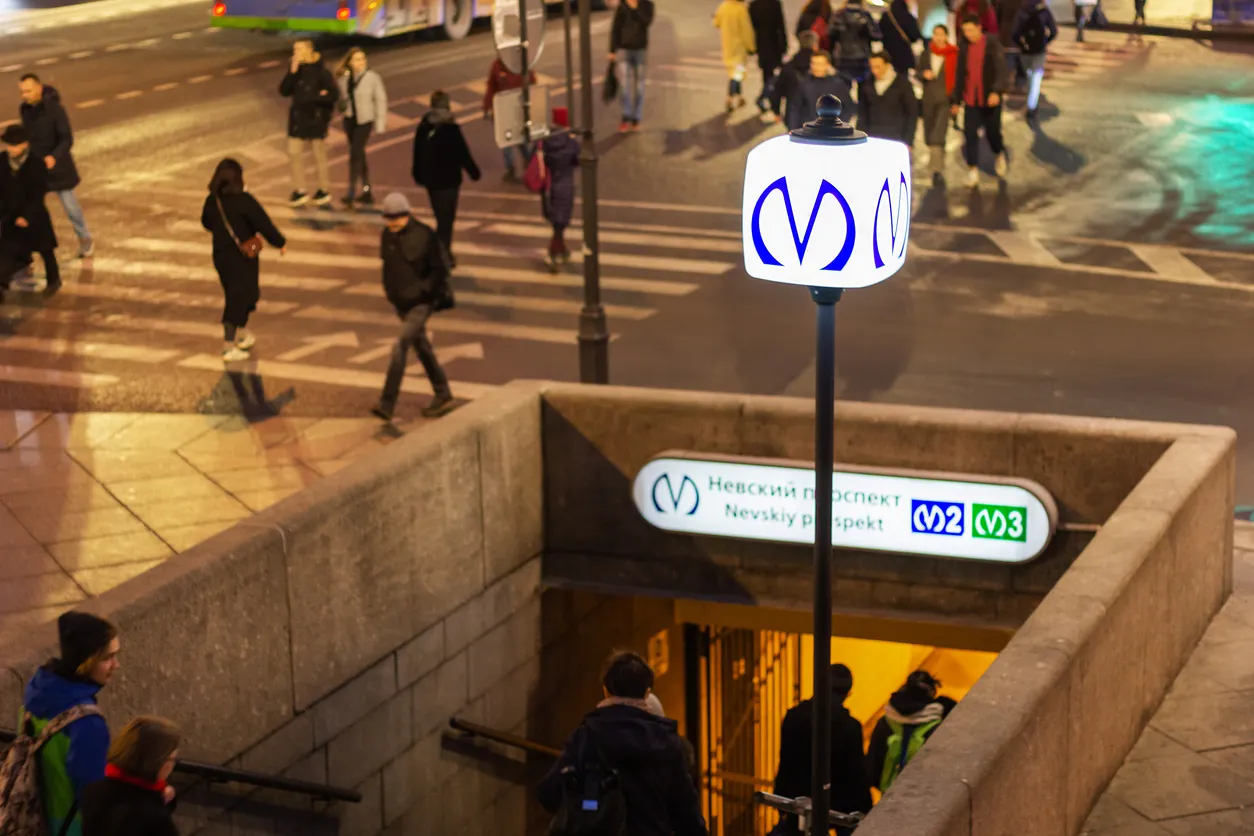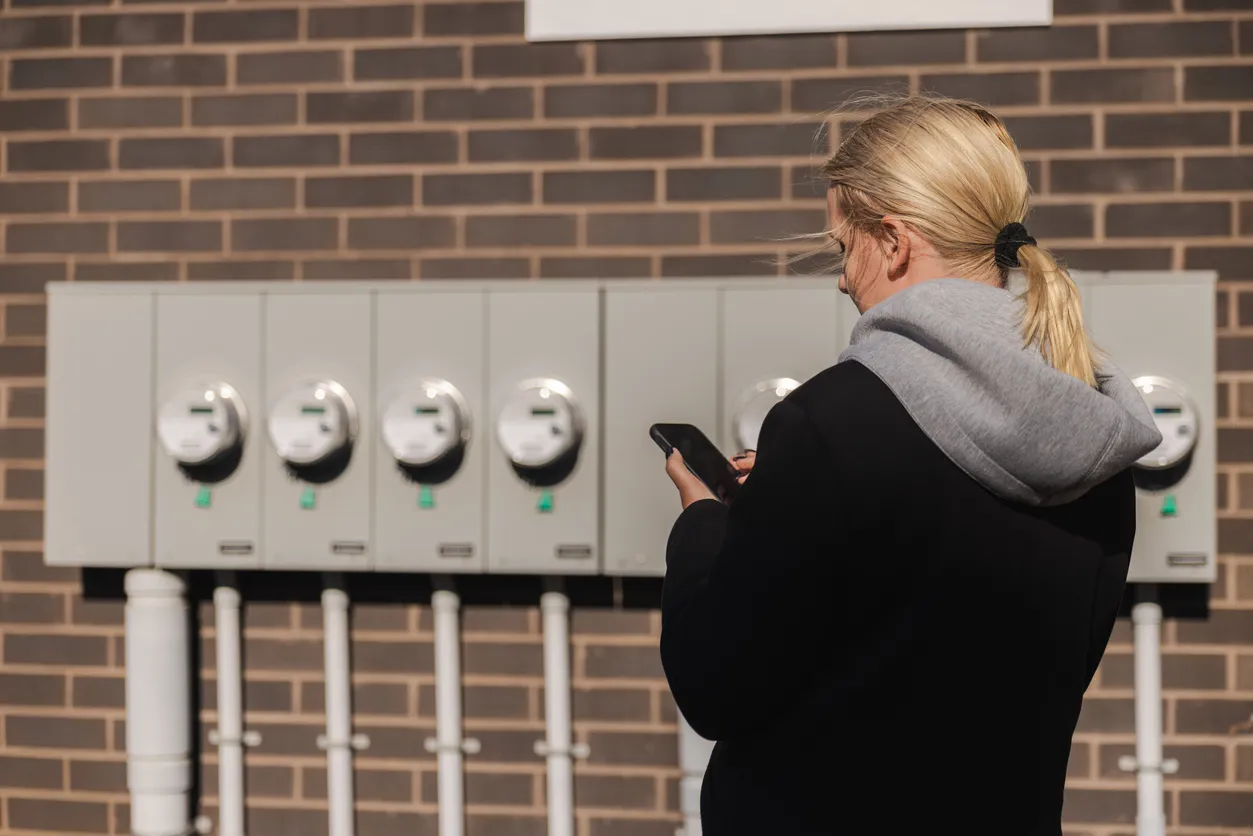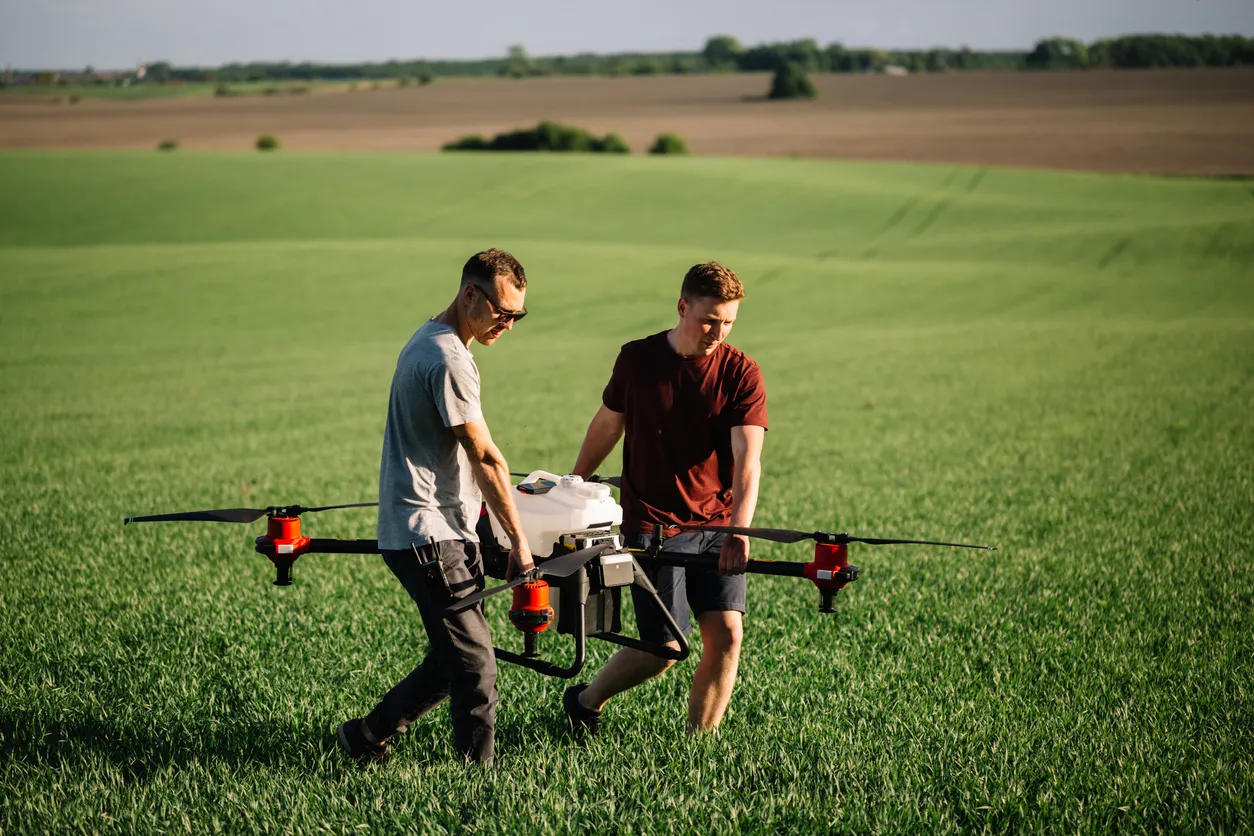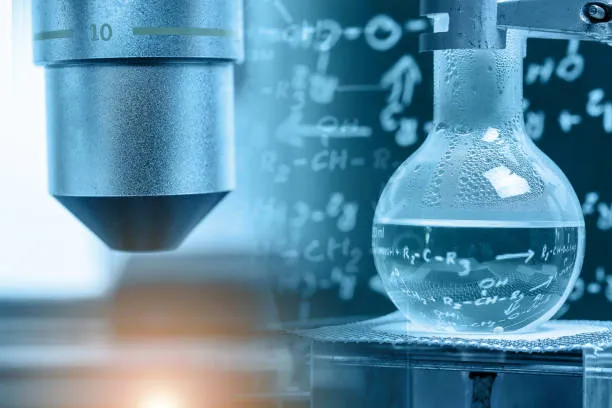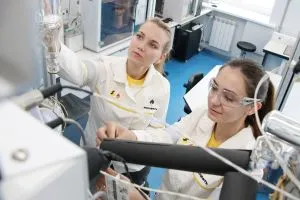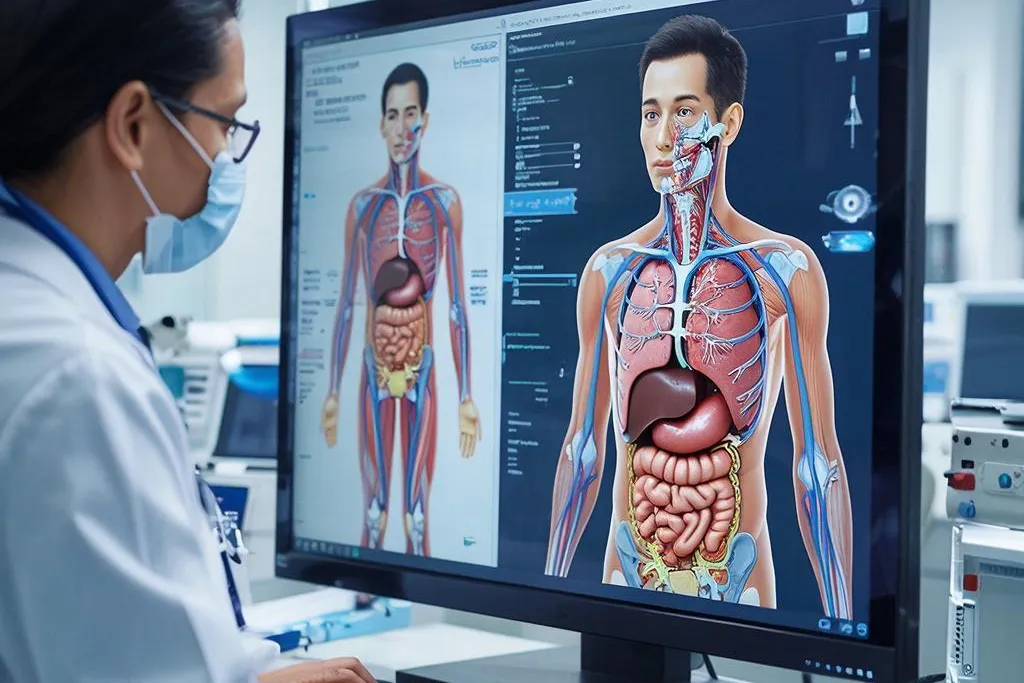Russian Scientists Develop a Predictive System for Post‑Trauma Recovery
A new AI‑driven medical tool developed in Russia helps doctors rapidly assess a patient’s chances of recovery after severe traumatic brain injury, enabling faster, data‑driven decisions during the critical first hour.
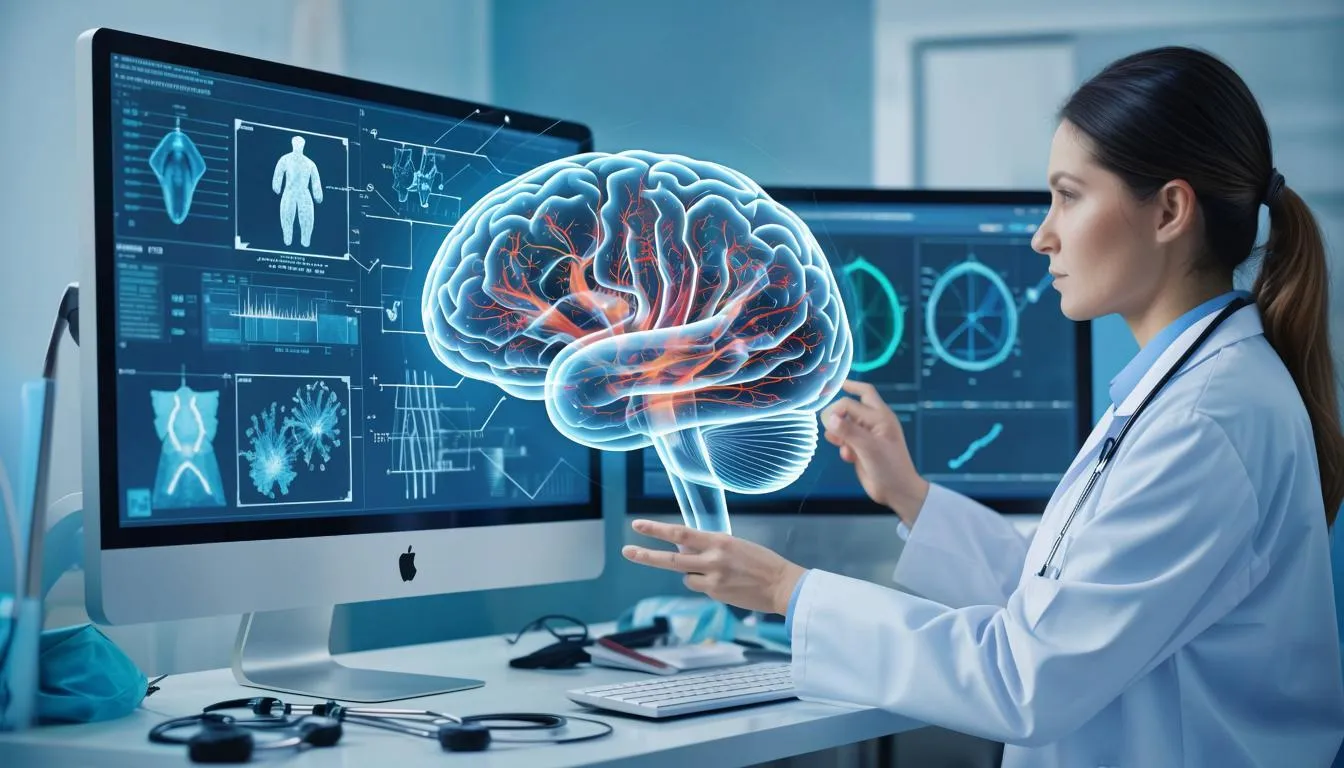
A Digital Breakthrough in Emergency Medicine
Russian researchers have created a computer program capable of accurately predicting patient outcomes after a severe traumatic brain injury (TBI). The system assists physicians during the so‑called “golden hour,” when the speed and accuracy of clinical decisions can determine whether a patient survives and how well they recover.
Every year, Russia records around 600,000 TBIs. One of the most dangerous consequences is a subdural hematoma — a buildup of blood between the brain and the skull. Older adults taking blood‑thinning medication are particularly vulnerable. While clinical guidelines offer general treatment strategies, they do not predict how effective a specific approach will be for an individual patient.
The new predictive system, developed by specialists from Perm State Medical University and Perm National Research Polytechnic University, fills that gap. What sets it apart is its ability to operate under time pressure.
How the System Works
The model is based on extensive clinical studies identifying factors that most strongly influence treatment outcomes. Researchers confirmed that age and hematoma location play a decisive role.
According to neurologist and medical scientist Anatoly Balandin, older patients tend to arrive in more severe condition and often demonstrate poorer rehabilitation outcomes — a factor now reflected in the algorithm.
Reliable Forecasts Instead of Guesswork
The software requires no specialized equipment and can be integrated into emergency departments across Russia. This represents a major step toward the digital transformation of national healthcare, enabling doctors to optimize workflows and offer families realistic, evidence‑based prognoses rather than subjective assumptions.
The project has already received a patent and is being applied in clinical practice, with developers planning further improvements. Experts say the system has the potential to significantly improve both survival rates and long‑term quality of life for patients recovering from traumatic brain injuries.


